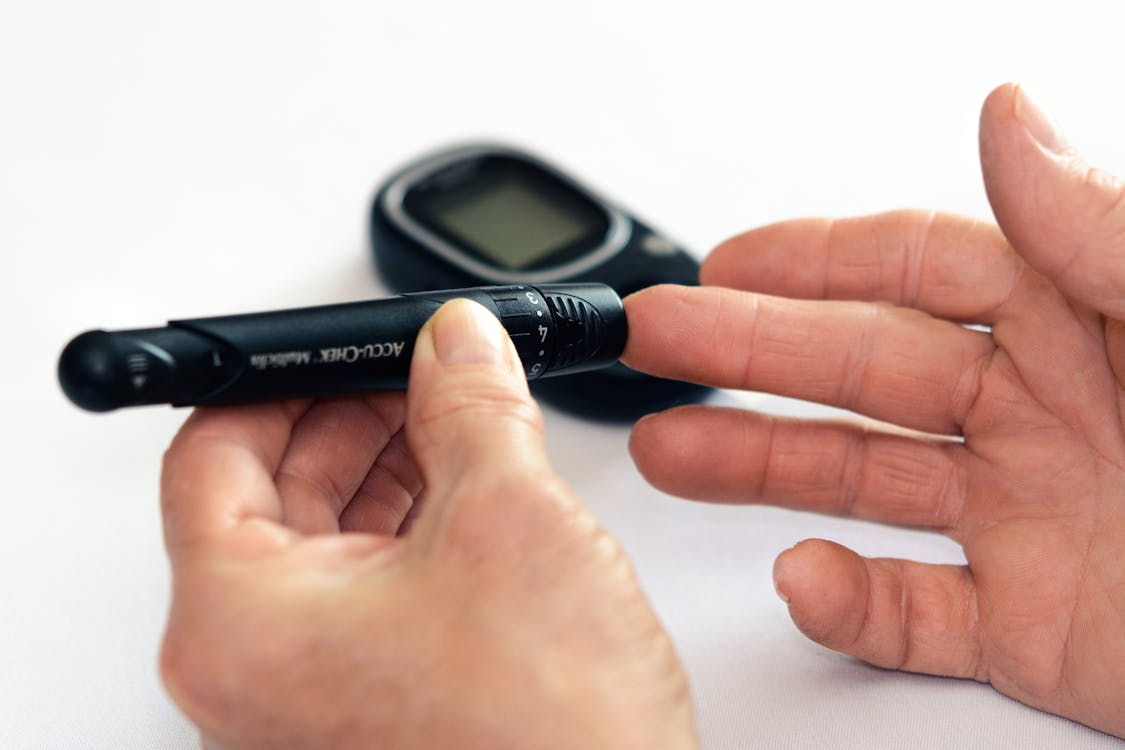If you or a loved one are suffering from an illness, have recently come home from hospital, or find that age is meaning you can’t do things around the home as you normally would, it might be time to consider a home carer. A home carer can make a huge difference in your life. They can ensure that you stay living independently in your home; as opposed to having to go to an assisted living facility or a care home. This can be very beneficial to people who don’t want to leave their homes, surroundings, and pets behind. When it comes to the time to get a home carer, it can leave you with a number of questions. The first of these might be “where do I find a home carer near me?” (You’ve come to the right place – here at Secure Healthcare Solutions we can help you with this.) The second might be what hours do I choose for a home carer? If you are stuck at the hours you should select, this article should be able to provide some clarification…
Consider how much you can spend
The cost of care differs around the country but tends to be between £15-£20 an hour. Sometimes councils will be able to contribute to the cost. It is a good idea to get in touch and find out if they can help and how much by. You can also speak to your healthcare team who can advise you on if you are eligible for any funding for care at home services.
Think about the reasons you need a carer for
There are many reasons that you might need a carer. As an example, here at Secure Healthcare Solutions we provide personal care, live-in care, respite care, holiday care, 24-hour care, overnight care, and assisted living – to name but a few! Consider if you need a carer for a specific purpose. This might be to help with medication, to get you up in the mornings, and to bed in the evenings. Or for a company during the middle of the day. There are many reasons that a home carer can help you so think about what will be best for you and your circumstances. Photo by Cristina Serí on Unsplash
Photo by Cristina Serí on Unsplash
Is it permanent or temporary?
Once you have a home carer it doesn’t mean that you will have one forever. It might be that you have just come out of the hospital and need help with your daily tasks while you recover. Or it might be that you have recently had a fall and can’t get around as you did, but you will be better soon. When you are thinking of the hours for a home carer, consider if it is permanent or only temporary.
Remember hours can change
It is important to keep in mind that your home carer hours can change depending on your needs. You will regularly meet with your home carer (or they can speak to a loved one for you). They will ensure that you are getting the right care for your needs. If you start with just an hour in the morning and the evening but then find this isn’t enough, we can up your hours to something more suited for you. Similarly, if they are coming for too long each day and you don’t need them for that amount of time, let them know and your hours can be cut down.
These are just a few tips when it comes to choosing the hours for your home carer. If you are looking for a home carer, please get in touch with us at Secure Healthcare Solutions today and find out how we can help.
If you are a home carer looking for a new role, we have a number of vacancies that you can see here.








 Photo by
Photo by 